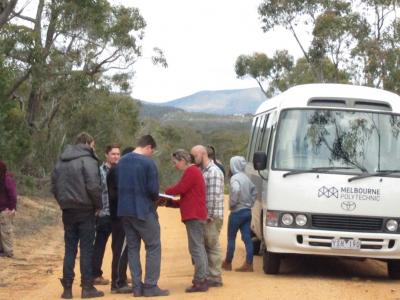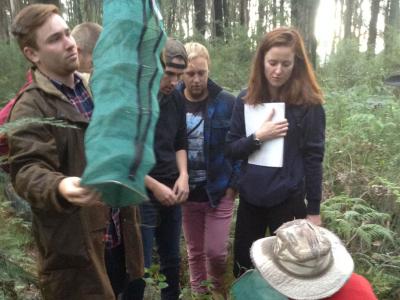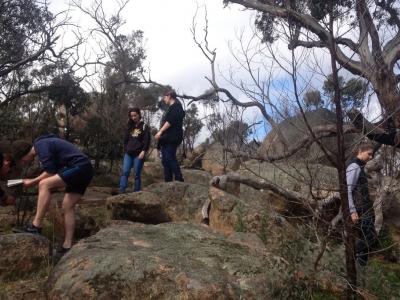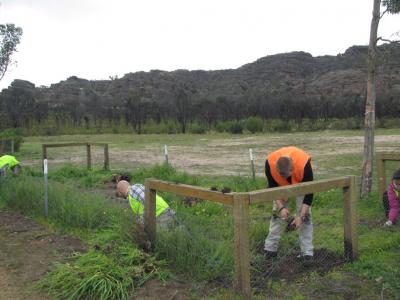Would you like to turn your commitment to the environment and love of the outdoors into a successful career? Melbourne Polytechnic’s Diploma of Conservation and Land Management provides a solid foundation for students to develop a skill set that opens opportunities to manage natural resources anywhere in the world to be sustainable for the long term. With the extensive field experience, knowledge and practical skills gained through this course, students are trained to identify and respond proactively to the challenges of biodiversity loss, global warming and environmental damage. As part of this popular course students are involved in projects linking with industry experts and practitioners from environmental, local government and council organisations.
Career opportunities
There are a diverse range of career opportunities open to students completing this course. Graduates are sought by both private contractors or government agencies in the following areas:
- Bushland management
- Catchment and land management
- Environmental management
- Environmental planning officer
- Landcare or specific property planning
- Parkland, flora and fauna management
Students are encouraged to develop industry contacts by joining appropriate volunteer groups and undertaking a wide range of work experience in this way. Melbourne Polytechnic will provide linkages to recommended groups.
Assessment
Observation, demonstration, questioning, assignments, tests, reports, products, portfolio, third party reports, self-assessment.
Student perspective: Jennifer Gibson
I am a Brit who has been living in Australia for over ten years. I originally came here to study for a degree in Ecology and Biodiversity and ended up settling here. I have worked at Melbourne Polytechnic at the Technical Officer for Conservation and Land Management for over three years now and the best things about my job are the excellent students that we always attract and the incredible amount of field trips that we take them on. During my first semester working here, the first year students had more field work experience than I had gained over the whole three years of my degree. From plant identification through to different methods of fauna surveys, the students are out in the field most weeks. The campus is well placed for easy access to a variety of different study sites in National Parks, local parklands, the mighty Yarra river, Port Phillip Bay and coastal surrounds. This results in some truly wonderful field trips to a really broad range of ecosystems. In hindsight, I wish I had known about this course when I was looking into study options in Australia. I would have completed my studies in two years rather than three and I would have come out with much more practical field experience for the types of jobs I was interested in.
Programme details
Duration: 2 years
Intakes: February and July
Tuition Fees (2016 prices): AU$12,400 per year
Entry requirement: GSCEs or equivalent.
Find out more about about Melbourne Polytechnic >>




